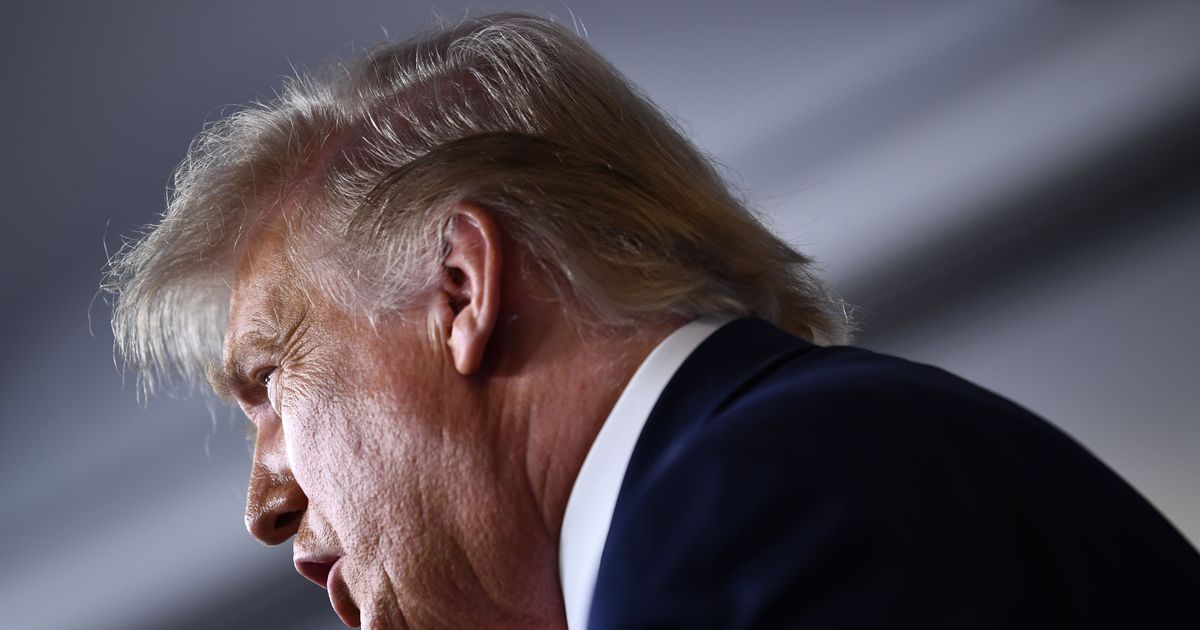
Republican politicians and conservative talking heads really did it, folks. They’ve convinced 90 percent of their followers of a conspiracy theory. (At least one, anyway.)
A new survey from the Pew Research Center has found that nine in ten Republicans think “it is likely” that social media sites like Facebook and Twitter censor political viewpoints the sites don’t agree with. Nine in freaking ten.
The idea that social media companies block or don’t promote content that expresses conservative opinions is a conspiracy theory pushed by President Donald Trump, Senator Ted Cruz, and other Republicans. It’s the latest iteration of a decades-long conservative talking point criticizing the “liberal media” for its bias against Republicans. When it comes to social media, there is no data to back up this claim.
Republicans aren’t the only ones who suspect social media companies are letting partisanship get in the way of content moderation: 59 percent of Democrats also think social media sites censor political content. All in all, 73 percent of U.S. adults believe it.
Pew conducted its survey on a representative sample of 4,708 U.S. adults from June 16 to 22, 2020. Weeks earlier, Twitter had added fact checking and content warning labels to some of Trump’s tweets: one containing false information about absentee voting, the other inciting violence against protesters. Trump responded to Twitter’s actions with cries of anti-conservative bias.
….Twitter is completely stifling FREE SPEECH, and I, as President, will not allow it to happen!
— Donald J. Trump (@realDonaldTrump) May 26, 2020
In fact, Twitter was enforcing its policies against spreading voting misinformation and “abusive behavior.” This was a turn for the social media company, which has for years let Trump get away with lying and flouting rules. Facebook, too, recently began adding links to more context on some of Trump’s claims – but has mostly given his false statements and divisive language free rein on the platform.
Unfortunately, as social media companies begin taking even minimal steps, most Americans don’t have much faith in their ability to keep Trump and other politicians from spreading harmful lies. The Pew survey shows that 38 percent of U.S. adults have “not much” confidence in social media companies’ ability to flag content from politicians as accurate or inaccurate, and 29 percent have no confidence at all.
Trump’s cries of censorship – in service of letting him say whatever he wants about important issues like the coronavirus or protests, no matter how many people get hurt – appears to be an effective defense against any check on his megaphone. While Facebook works with nonpartisan third parties for its fact-checking program, it has also gone to great lengths (like letting a Daily Caller-affiliated organization become a fact checking partner) to assuage Republicans’ fears (whether made in good faith or otherwise) about bias.
These efforts, plus the Pew numbers, point to a troubling consequence: accusations of anti-conservative censorship have successfully undermined the public’s faith in fact checking on social media, and even the concept of objective truth. Oh, joy!
